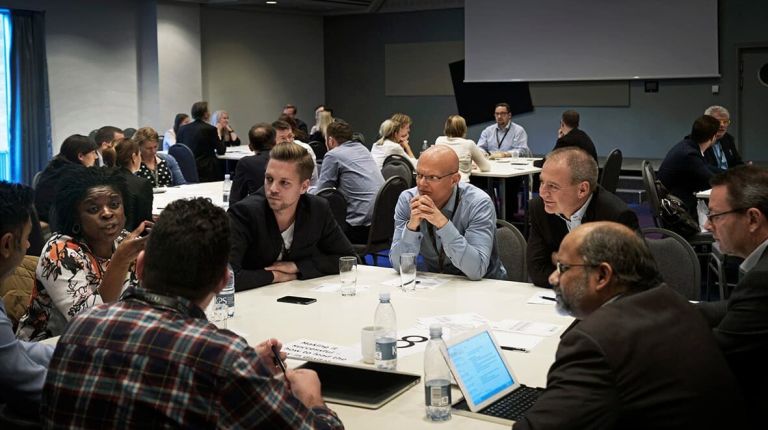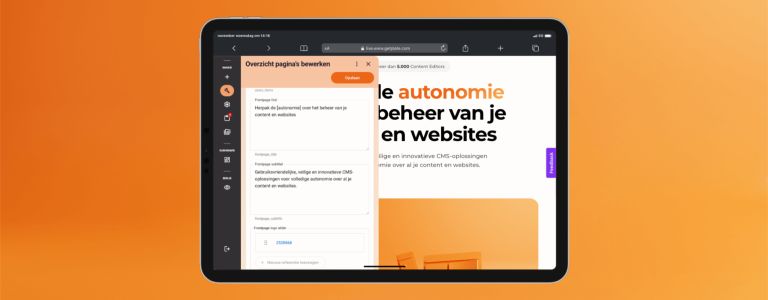
Bouke Vlierhuis puts Plate to the test
In mid-May this year, I read an article by Bouke Vlierhuis containing 5 reasons why he was completely done with WordPress. I agreed with his feedback, but his provocative writing style caused quite a discussion on LinkedIn among the fans and haters of WordPress.

Review Plate
I was curious how someone like Bouke would look at Plate's CMS and our feature to create a no-code data model for your website, so I asked him to put Plate through his paces. Bouke does not know Plate, he has no personal relationship with anyone from Plate and he warned me beforehand that he would be honest and critical, so that we should not cry if he criticised. He would write the review and post it on his website and social media. And so it happened: this week he sent me an email that his review is online. You can find the full article on his website: Plate CMS: hybrid platform.
Hightlights
The highlights of his article are listed below.
Bouke focuses on Plate's content model which he considers to be clear and well-organised. No clutter or unnecessary clutter. According to him, this is 'the editorial interface that WordPress should have introduced years ago'.
While Bouke thinks the dashboard is strong, he misses the overview at the front-end. According to him, adding new content quickly forces you to first work through a block structure when creating a post, only to then be able to really get going with your content.
Bouke also sees certain things that are arranged differently in Plate than in WordPress, such as the lack of an SEO plugin like Yoast. Despite the lack of such a plugin, we can easily incorporate such SEO functions as Yoast has into Plate, but for that you are partly dependent on the person who models and builds your website on Plate. It is not unlikely that Plate will have an app in the future, which will ensure that you have SEO tools available within your website.
According to Bouke, the information architecture within Plate can compete well with the current industry standard, Contentful. He does note the focus on 'low-code', which for example breaks down the possibility of working with JSON code. Bouke also sees a future for a headless CMS (high on the Plate roadmap) and finds the content repository (API and no-code data model) a powerful combination.
Answer to lock-in effect
Of course, Bouke also mentions the potential lock-in effect of a website platform with a 'small community and ecosystem'. We always recognise this point immediately and we have two answers.
- We work very hard on our software and every month we are adding new partners who want to be part of our community because we really make a difference with our platform. The churn rate of partners and customers is unprecedentedly low.
- In addition, in the autumn we will be putting the finishing touches to a feature that will allow you to export your website from Plate, should you decide to leave. This feature is free and available to everyone. We obviously hope that this will be the least used feature in Plate, but we realise that this is a feature that will create more trust with partners and customers.
I would like to thank Bouke for the time and energy he put into his extensive review. We will take the feedback to heart and continue to energetically build our platform for strong, custom web solutions.







